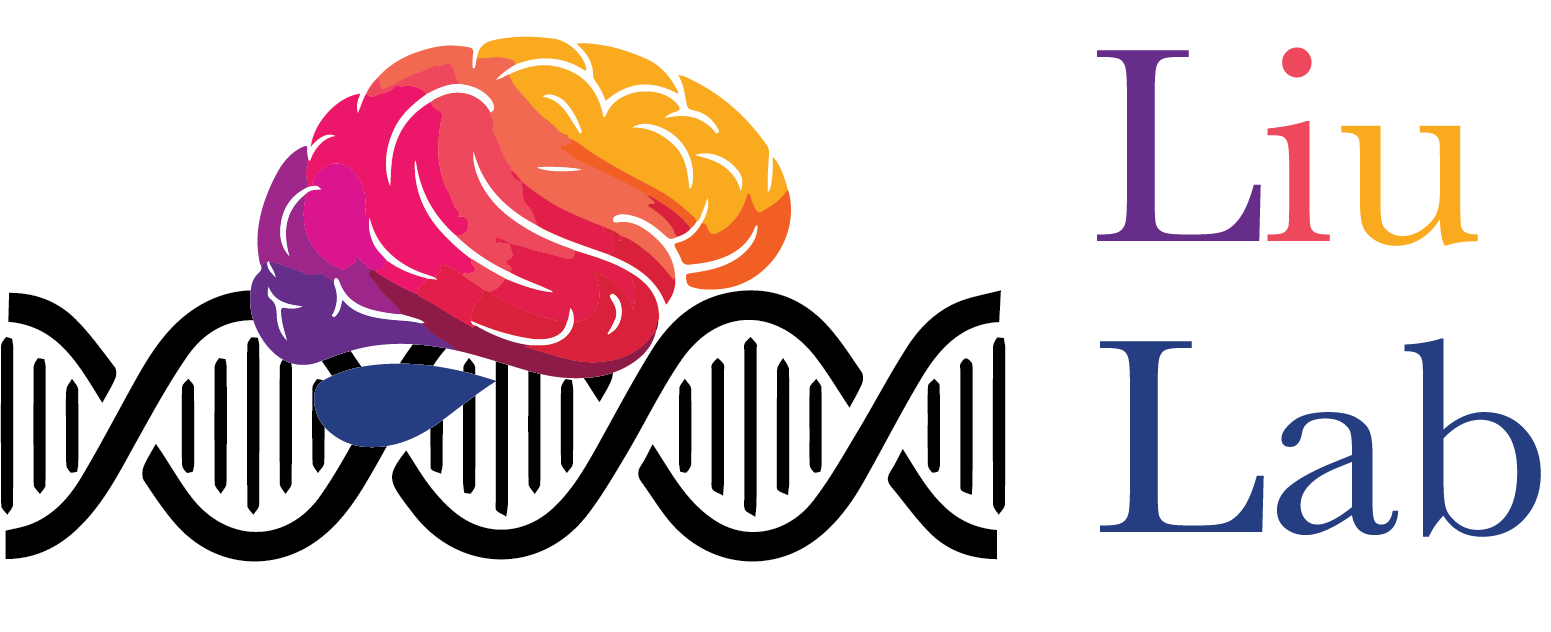Our Research
Discovery of novel cancer targets using functional genomics
Advances in CRISPR/Cas9 technologies have enabled large-scale multiplexed genetic screening for novel therapeutic targets and genetic interaction mapping across many contexts. We use genome-wide CRISPR screens and in vivo perturb-seq (single cell CRISPR screens) to identify and characterize targets that render tumors more sensitive to treatment such as chemotherapy, targeted therapy, or radiation therapy. We are interested in pursing new therapeutic targets for adult and pediatric gliomas.
Related publications
Liu SJ, Zou C, Pak J et al. In vivo perturb-seq of cancer and microenvironment cells dissects oncologic drivers and radiotherapy responses in glioblastoma. Genome Biol 25, 256 (2024).
Liu SJ, Casey-Clyde T, Cho NW et al. Epigenetic reprogramming shapes the cellular landscape of schwannoma. Nat Commun 15, 476 (2024).
Liu SJ, Malatesta M, Lien BV et al. CRISPRi-based radiation modifier screen identifies long non-coding RNA therapeutic targets in glioma. Genome Biol 21, 83 (2020).
Liu SJ, Horlbeck MA, Cho SW et al. CRISPRi-based genome-scale identification of functional long noncoding RNA loci in human cells. Science. 2017 Jan 6;355(6320):aah7111.
Role of DNA damage response in radiation treatment resistance
The ability of cancer cells to repair DNA damage caused by radiation therapy is major barrier to effective treatments for patients with brain tumors. We are interested in targeting known and novel vulnerabilities (including non-coding genes) in the DNA damage response to improve therapeutics against brain tumors such as adult and pediatric glioblastomas, among the deadliest primary brain tumors. We use a combination of functional genomics, clinical genomics on patient tumors, animal models, organoids, and molecular biology to pursue this.
Related publications
Liu SJ, Malatesta M, Lien BV et al. CRISPRi-based radiation modifier screen identifies long non-coding RNA therapeutic targets in glioma. Genome Biol 21, 83 (2020).
Engineering the epigenome for cancer therapeutics

Engineered CRISPR/Cas9 systems enable control of gene expression and epigenetic state in cells and tumors. We develop epigenetic editing strategies for in vivo applications in oncology to understand and exploit the role of epigenetics in tumor progression and treatment resistance.
Related publications:
Lin K, Zou C, Hubbard A et al., Liu SJ, Multiplexed epigenetic memory editing using CRISPRoff sensitizes glioblastoma to chemotherapy, Neuro-Oncology, 2025;, noaf055
We acknowledge generous support from the following agencies:









